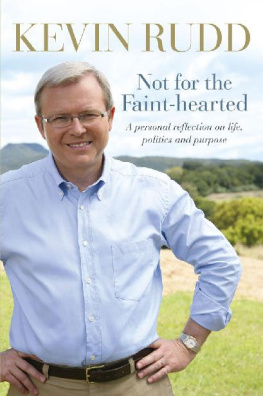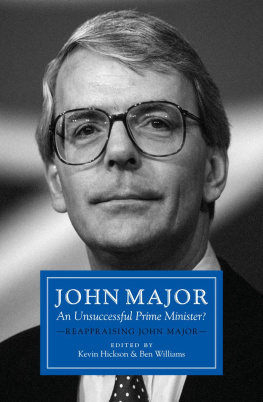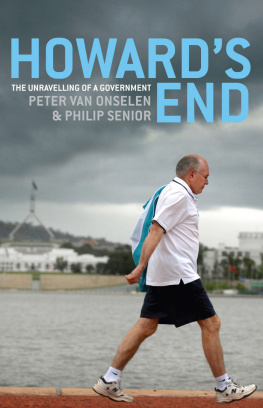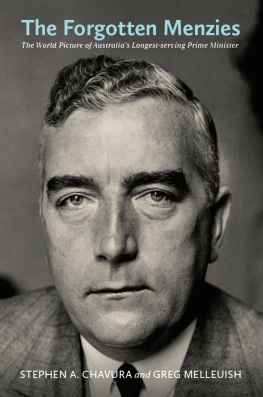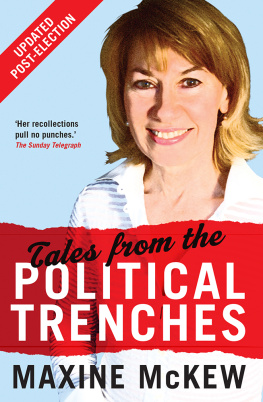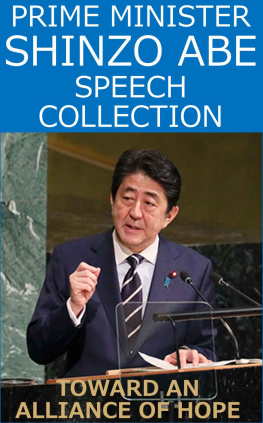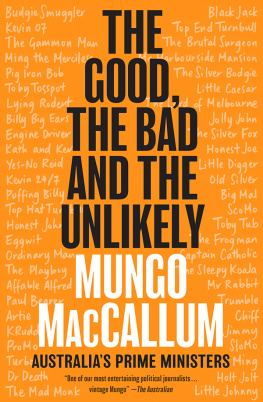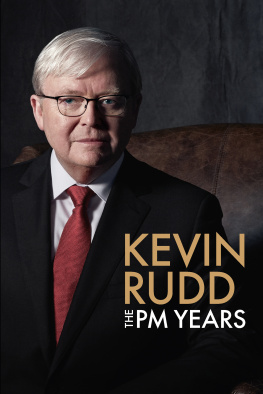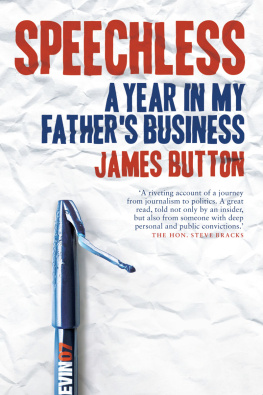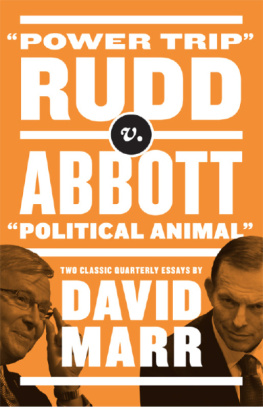About Not for the Faint-hearted
In 2007, Kevin Rudd became only the third Labor prime minister since the Second World War, after Whitlam and Hawke, to win government from opposition. In doing so he also defeated, and unseated, John Howard, the longest-serving conservative prime minister since Menzies.
So who was the man behind the phenomenal success of the Kevin07 campaign? This Mandarin-speaking professional diplomat, committed Christian and self-described policy wonk, who grew up as the son of a dairy farmer in rural Queensland to become the 26th prime minister of Australia?
While journalists, the professional commentariat and Rudds political foes have together felled forests writing about the real Kevin Rudd, until now he has refused to provide any written response to his many critics. That changes with this volume, which takes us to his election as prime minister in 2007. This is the first time we hear from the man himself, in his own words, about what makes him tick.
With a level of self-reflection, and a capacity for sending himself up that is rarely seen in political autobiography, Rudd chronicles a childhood shaped by the love of his mother and tragically disrupted by the death of his father when he was eleven - an event that left the family without a home or an income, and which would foster in him a visceral passion for social justice, and the foundations of his own political vision.
He tells of his years as a budding China scholar, his many misadventures as a young diplomat in Stockholm and Beijing, his marriage to the remarkable Thrse Rein and the centrality of his tight-knit family to both his private and public lives. He takes us through his years as Queenslands most powerful public servant during the days of the Goss government, and the soul-destroying moment of losing his first election to Federal Parliament in 1996, before finally prevailing through the maze of Labor factional politics to win his seat in 1998.
Rudds account of the next nine long years in Opposition lays bare the inner workings of our national politics, including the absurdities of the factional system, the essential nature of Australian conservatism, and the arrogance of the Howard government, culminating in Howards two greatest follies: the decision to take Australia to war in Iraq, and the introduction of WorkChoices. He also describes the monumental task of wresting office from a conservative prime minister who tried every trick in the book to hold on to power.
Rudd also carefully chronicles the evolution of his own deepest beliefs, values and political convictions over many decades, long before his entry to Parliament. He describes his book as an essay in encouragement for those considering a public life who are committed to changing the world for the many, not the few, but are uncertain if they have the stomach for it.
This is an optimistic book, written with passion, conviction and insight. It is the first in a two-volume autobiography. It covers the unlikely rise of the boy from Eumundi to the most powerful office in the land.
KEVIN RUDD
Not for the Faint-hearted
A personal reflection on life,
politics and purpose

To Thrse, Jessica, Nicholas and Marcus,
without whose love, care and nurture, my life would be small indeed.
Contents
P ROLOGUE
An Essay in Encouragement
Politics is about power. It is about the power of the state. It is about the power of the state as applied to individuals, the society in which they live and the economy in which they work. Most critically, our responsibility in this parliament is how that power is used: whether it is used for the benefit of the few or the many... I want to speak on the fundamental principles that I believe should govern the exercise of political power and the reasons, therefore, that I am a member of the Australian Labor Party and why I have sought election to this parliament.
Maiden Speech, House of Representatives,
Remembrance Day 1998
T his book is intended to be a letter of encouragement. It is written to those who may be considering a future in public life but who are racked by doubts about their own beliefs, abilities and sense of public purpose. It is for those who are confounded by the labyrinthine nature of party politics and unsure how to negotiate its treacherous shoals for those who wonder if it is possible not only to survive these shoals, but also to preserve their soul on the way through. And it is for those who have lost faith in institutional politics as a credible vehicle for sustainable economic, social and environmental reform. My message is a simple one: despite all the obstacles, difficulties and setbacks, of which I have experienced my fair share, a public life dedicated to the betterment of the many, not just the few, is a worthwhile calling and should not be casually ignored. Because if you do ignore it, the world will be poorer for it, as will you. Its about being in the arena of change, or not and that is the moral choice we all make.
This book is not about some sort of exemplary life. We are all guilty of some level of self-hagiography; not deliberately so, but often we become so convinced of the truth of our own narratives that we are blind to the well-intended observations of those around us, even those closest to us. Rather, this is an honest account of my own political formation over many decades as seen through the prism of my own experience and, importantly, my own memory, warts and all. Thats probably the best that any of us can hope to achieve as we seek to hold ourselves to account. Indeed, if political leaders are genuinely in the business of encouraging others, then it also pays to present as unvarnished an account of our own political lives as possible, to underline that there are few heroes in this business, that most of us are foot soldiers, and that we are all made of flesh and blood, replete with the usual array of doubts and uncertainties, just like the rest of humankind.
In all this there is still one large caveat: a political life is not for the faint-hearted. It requires courage courage to enter the public space, courage to remain there and courage to persevere. Courage is not something that some of us possess and others do not. No, courage is not a feeling. Nor is it a talent. Courage is a decision.
*
Not long after leaving the parliament in late 2013, I went to the Kennedy School at Harvard University to work on a project on the future of USChina relations under Chinas new president, Xi Jinping. When I arrived, the school asked if I would also teach a course at the Institute of Politics, established specifically to perpetuate the legacy of John F. Kennedy and continuing contributions by Harvard graduates to American public life. Having just survived a federal election in Australia, I welcomed the idea of teaching a course in politics like a hole in the head. I had gone to America to get away from politics. Now they wanted me to get right back into it with a class of thirty or forty Harvard undergraduates, all of whom presumably wanted to become president of the United States. It would be my melancholy duty to tell them that they would not all make it. And that for the foreign students among them there was the minor problem of the US constitution, which required American presidents to be native-born.
I presumed most of them wanted some quick and dirty how to course in which I shared political war stories and revealed the secret to making it to the top in ten easy lessons. I was deeply uncomfortable with that idea. Instead I gave my course the title Politics and Purpose, and the program outline I pinned to the faculty noticeboard for the term ahead read as follows:
Next page
